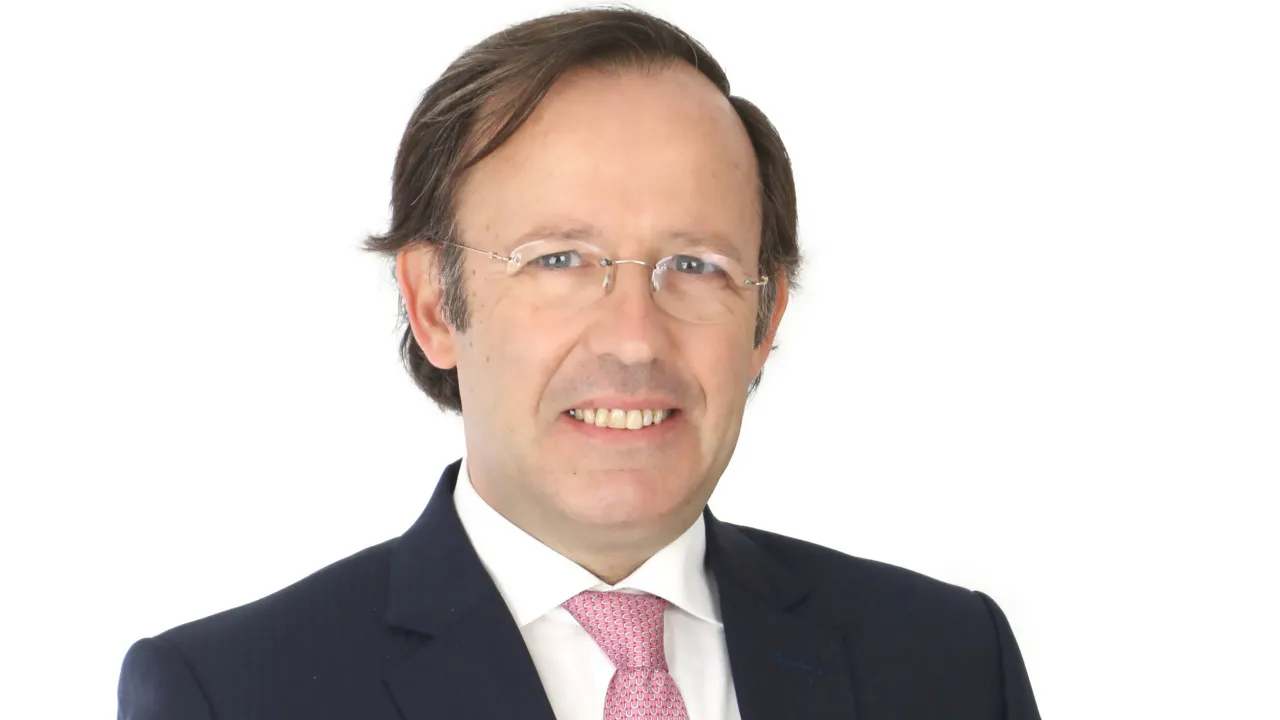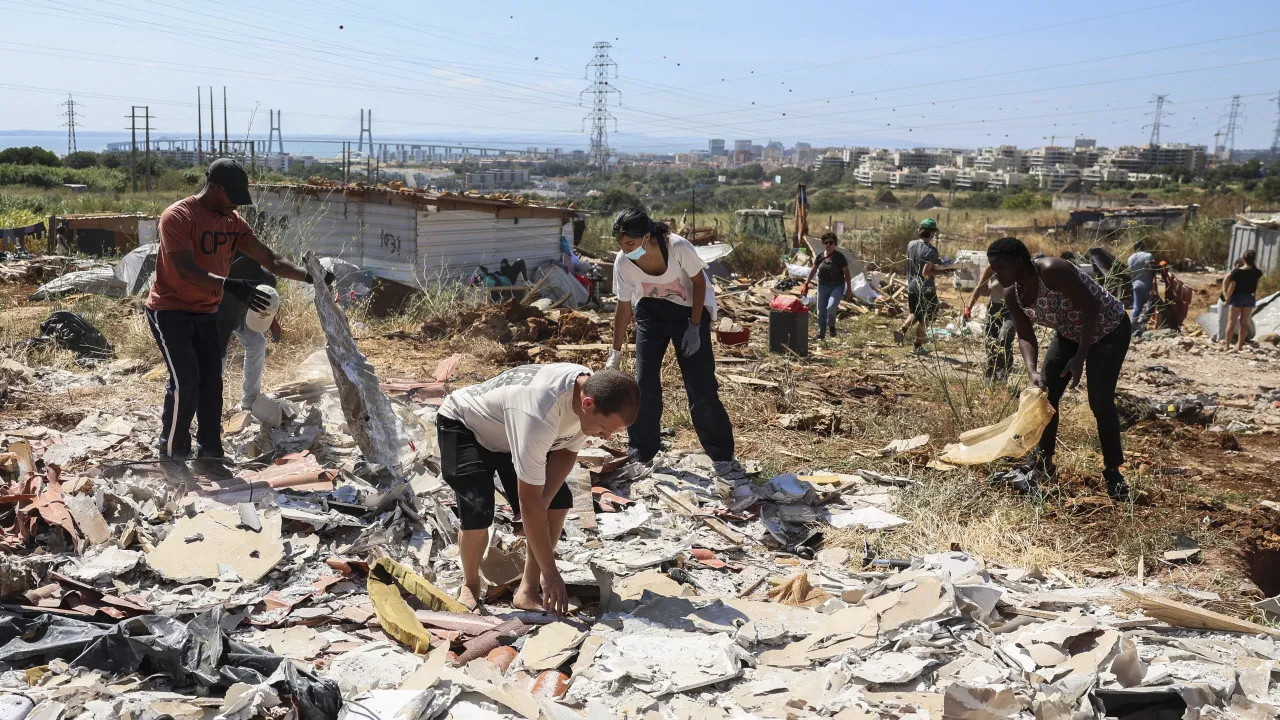
The 2025 municipal race is now underway.
This is an opportune moment to consider the desired future for the Municipality where one focuses their activities.
From my perspective, much of my legal advisory work for businesses is dedicated to Porto and the northern region of the country, making it essential for me to deliberate on how to drive the city’s development and strengthen its role as an economic and legal hub.
The Porto metropolitan area is experiencing an almost unprecedented phase of international prominence. Foreign direct investment is increasing, High Value Individuals are selecting the region as a destination, and simultaneously, the real estate market, technology sector, and high-value service network are intensifying.
Amidst this landscape, would it be excessive to consider that establishing a significant international organization in Porto could be the catalyst needed to transition this current phase into permanent socioeconomic development?
Though not a new topic, it has been nearly forgotten and overlooked by the candidates’ current electoral agendas.
Dublin serves as an exemplary model of how a medium-sized city successfully positioned itself as a global center for multinational corporations and European institutions. Likewise, cities like Geneva, Vienna, and Rome demonstrate how this presence transforms a city’s institutional and economic attractiveness.
More so than during the unsuccessful bid for the European Medicines Agency headquarters, Porto today possesses crucial elements to host an international body: security, economic dynamism, cultural environment, quality schools, comparatively low cost of living, and political-institutional will. However, it doesn’t have everything in its favor.
Porto suffers from significant competitive disadvantages in several key criteria and lacks visibility and diplomatic investment. It also requires a plan and the courage to implement it.
A strong political and diplomatic effort is necessary, along with a genuine program (fiscal and administrative) to attract FDI and HVIs, accompanied by a structural ambition: to transform the city into an economic, institutional, and strategic hub for the Atlantic Europe.
The establishment of a global entity instantly bestows international credibility.
FDI energizes strategic segments—industry, technology, tourism, infrastructure, artistic, technological, and educational projects—with direct impacts on creating qualified jobs and increasing tax revenues (corporate tax, VAT, income tax). The presence of appealing fiscal regimes, like the non-habitual resident or low corporate tax rates, would encourage the settlement of HVIs/Industries, affecting the real estate market and luxury consumption while spreading recommendations among investors. The presence of global elites and the visitor circuit they attract would bring new tourist, cultural, commercial, and service offerings to companies, housing, new small industries, or support activities, among others.
These forces trigger a chain of legal services. They demand specialized legal support in corporate, tax, labor, and migration law, and necessarily, in the ongoing business operations. This also enhances local law firms and attracts talent, which in turn has a replicating effect on the economy: more investment, greater qualified employment, and strengthened international reputation.
Subsequently, major transformative city projects (long identified) could become financially feasible: improving the VCI/Circunvalação, creating new avenues and efficient road networks, extending the metro network, and communication routes to overcome the natural barrier of the Douro River (new bridges and/or tunnels).
Porto’s ecosystem could attract:
- A new European Agency for Climate or Energy (energy transition/climate change);
- EEA (European Environment Agency) (Copenhagen) – smart environmental networks projects (Atlantic ecology);
- ECDC (health surveillance) – regional hub given Porto’s advanced hospital capabilities;
- ITU (International Telecommunication Union) (Geneva) – innovation center or regional bureau given Porto’s tech and digital industry;
- Eurofound (Dublin) / EUISS (Paris) – pilot projects in Porto, such as think tanks in employment and regional security.
A task force between municipal entities and the Government, AICEP, universities, and the legal-economic sector is urgently needed to identify which international organizations to persuade and define action paths, including immediate roadshows in Geneva, Vienna, Brussels.
And not give up.




